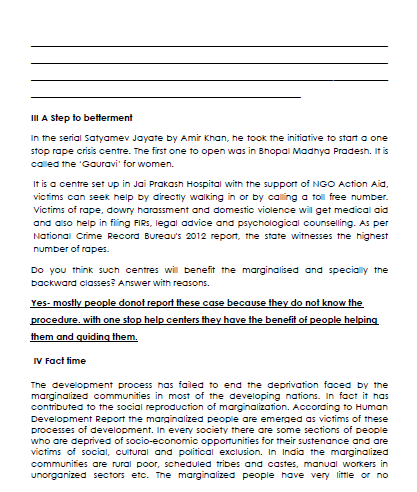A figure of speech is an expression in
which the words are not used in their literal sense.
A figure of speech is designed to portray an idea more clearly or more
interestingly. The most common types of figures of speech are metaphors,similes, idioms, personification, hyperbole, and euphemisms
Note: Some sources do not differentiate between a figure of speech andfigurative language. As the term figurative language includes techniques
that might employ the literal meanings of words (e.g., alliteration, assonance,consonance, onomatopoeia), an alternative
definition for figure of speech is the use of words in
an unusual or imaginative manner.
Examples of Figures of Speech
Here are some examples of figures of speech in the categories
which most commonly employ words in their non-literal meaning:
A metaphor asserts
that one thing is something that it literally is not. For example:
·
This bedroom is a prison.
·
He's a real gannet.
·
He listened with a stone face.
·
We don't need dinosaurs in this company.
A simile likens one
thing to another (usually achieved by the use of the wordlike or as). For example:
·
He eats like a gannet.
·
This sandwich tastes like sawdust between
two doormats.
·
She sings like an angel.
·
It's like water off a duck's back.
Personification is
when non-human objects are given human traits. For example:
·
The tide waits for no man.
·
My car tends to give up on long hills.
·
Summer's healing rays
Hyperbole is an
exaggeration or extravagant statement used for effect. For example:
·
I have a million problems.
·
We won a tonne of cash.
·
I'll die if I don't finish this crossword.
An idiom is commonly
used expression whose meaning does not relate to the literal meaning of its
words. For example:
·
Be careful not to miss the boat.
·
This is the last straw.
·
You can't pull the wool over my eyes.
·
Don't sit on the fence. Say what you mean.
A euphemism is the
use of agreeable or inoffensive words to replace rude or offensive ones. For
example:
·
kicked the bucket = has died
·
letting you go = you're fired
·
lost his marbles = is mad
|













































